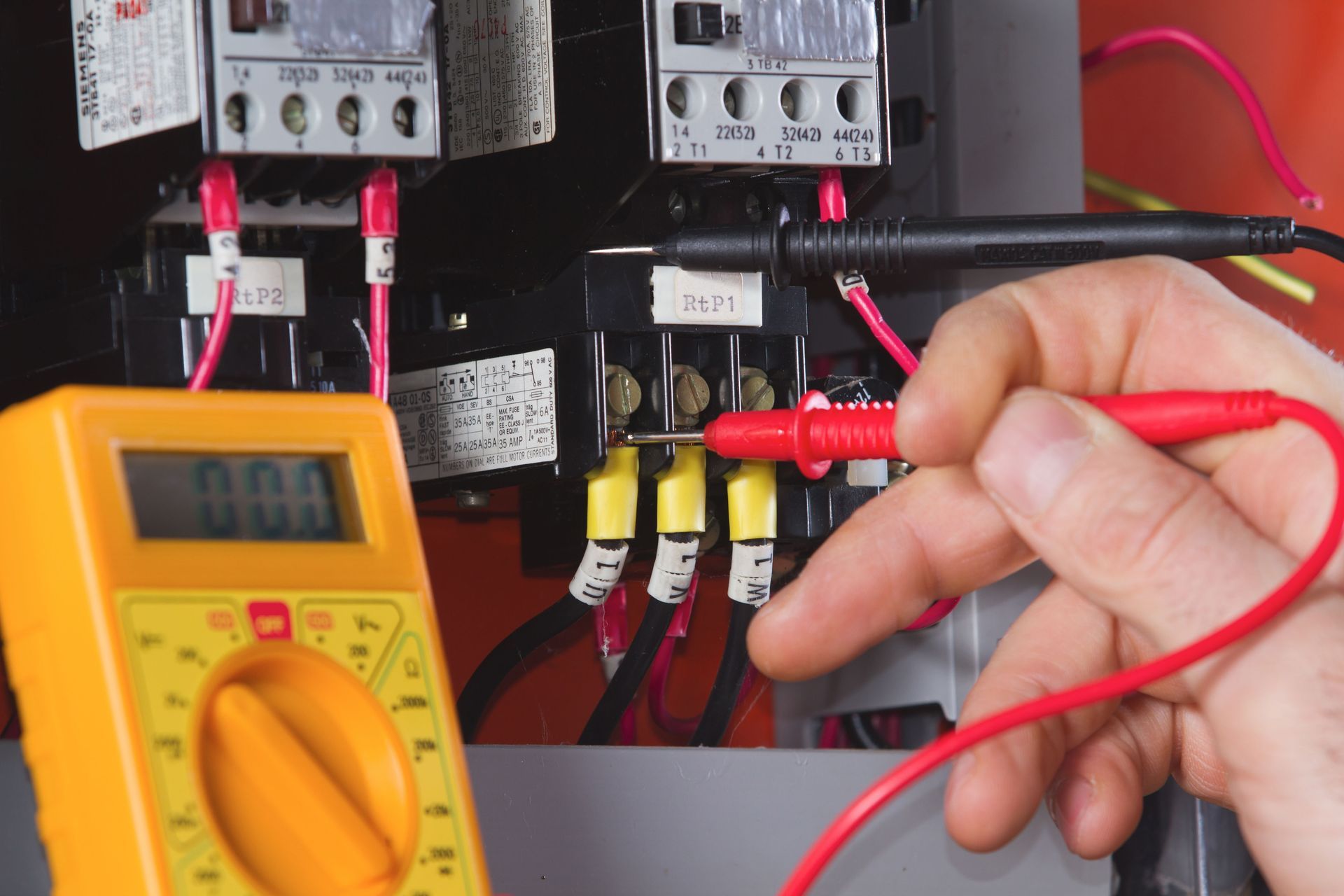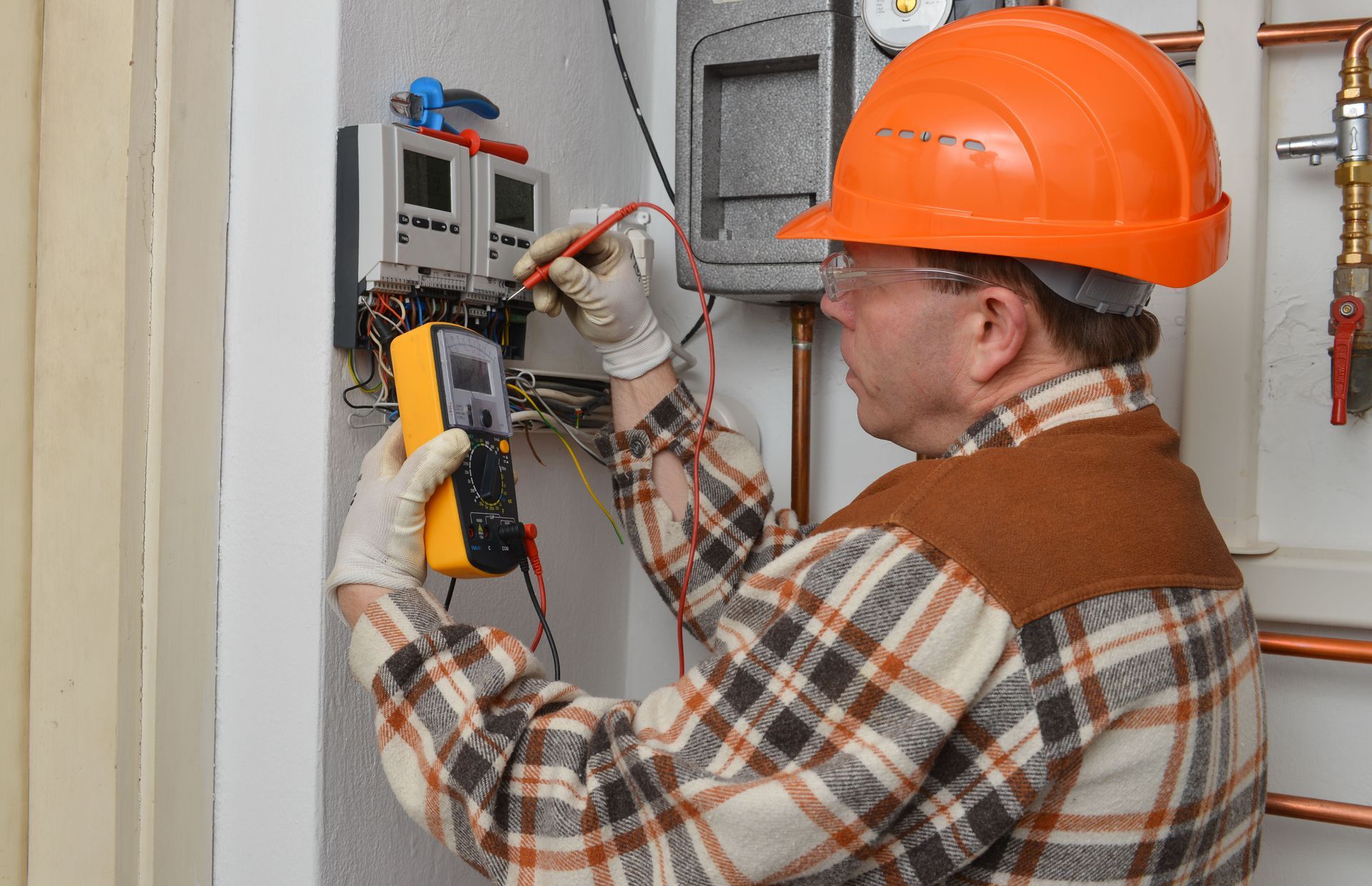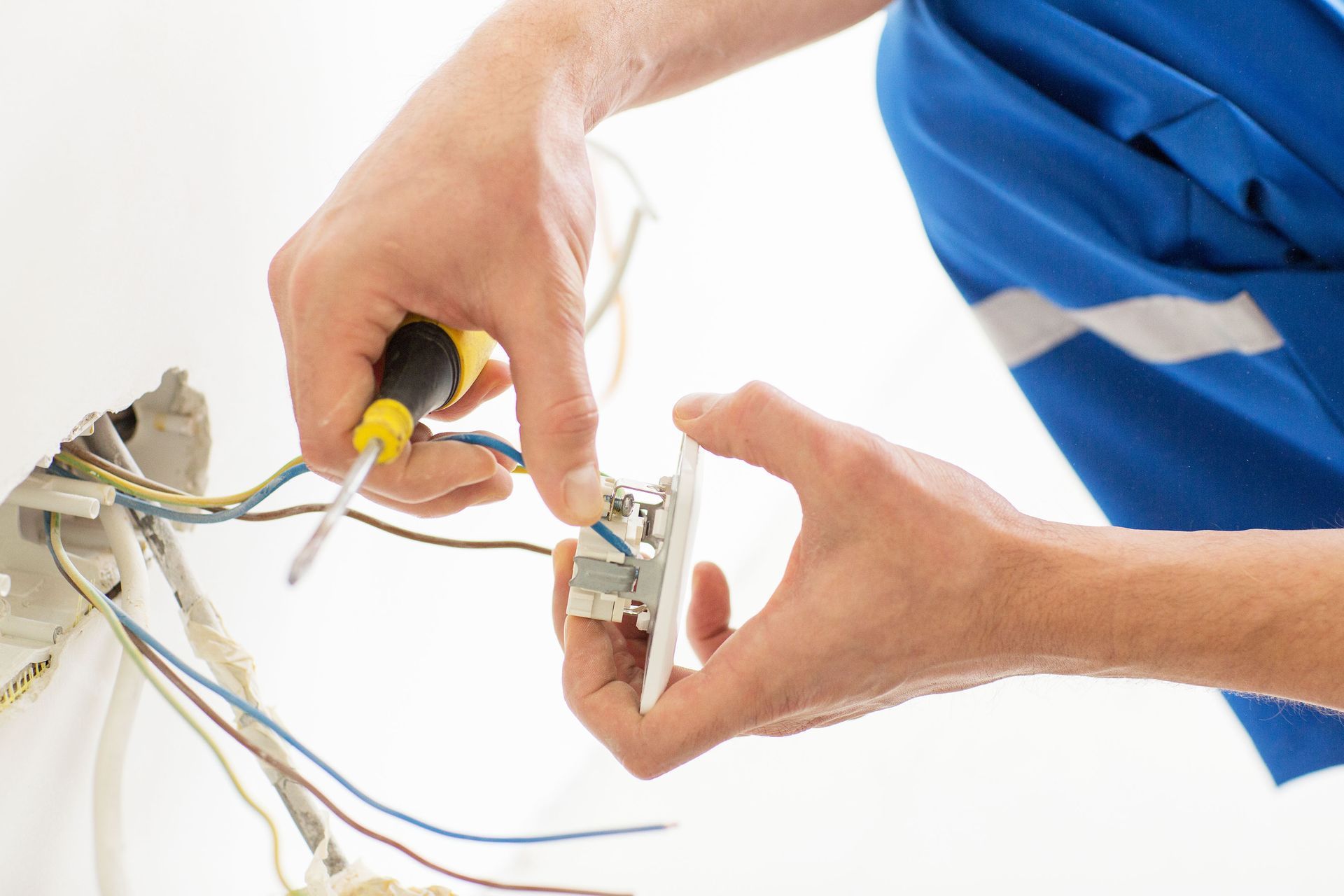Why Older Homes Need a Licensed Electrician
Older homes hold a certain charm that modern constructions often lack, thanks to their unique architectural styles, craftsmanship, and historical significance. However, owning an older house comes with its own set of challenges, particularly regarding electrical systems. Aging electrical infrastructure may not meet the demands of modern appliances or technology, which can create serious safety hazards if left unchecked. It is crucial for homeowners to focus on these electrical issues and understand the importance of hiring a licensed electrician to ensure both safety and functionality. With the right professional, homeowners can preserve the beauty of their property while preventing potential hazards. A professional approach not only addresses immediate problems but also anticipates risks that may arise in the future, including potential fire hazards, voltage instability, and outdated circuit components that can compromise the home’s overall safety.
Understanding Electrical Systems in Older Homes
Evaluating the Evolution of Electrical Wiring
The electrical systems in older homes have evolved significantly over the decades. Initially, these systems were designed to handle far less power than modern households require. Early homes often relied on simple wiring without grounding or circuit protection, creating significant safety risks. Over time, electrical standards have improved, resulting in safer, more efficient wiring systems capable of supporting contemporary appliances, electronics, and high-demand devices. Understanding these developments helps homeowners make informed decisions about upgrades and ensures compatibility with current energy demands.
The introduction of ground wiring and circuit breakers drastically improved safety and minimized fire risks. Older homes may lack these protections, creating vulnerabilities that homeowners may not immediately recognize. A licensed electrician can perform a detailed assessment to determine necessary updates and ensure that all electrical work meets current codes. Transitioning to modern systems is essential for maintaining home safety, protecting property value, and providing peace of mind for homeowners, particularly for homes with older panels or original wiring still in use.
Identifying Common Electrical Issues in Pre-1970s Homes
Homes built before the 1970s are particularly prone to electrical problems. Outdated wiring materials, such as knob-and-tube or aluminum wiring, present potential fire hazards and often fail to meet current code requirements. Circuits in these homes were designed for lighter loads, creating a mismatch for modern usage with multiple high-power devices. Ground faults, exposed wires, and inadequate circuit protection are common challenges observed in these older systems.
According to This Old House, many pre-1970s homes rely on 60-amp to 100-amp service, which is insufficient for safely supporting modern appliances. Without upgrades, these homes risk overloaded circuits, electrical fires, and damage to sensitive electronics. Regular inspections by a licensed electrician are essential. Updating electrical systems not only improves safety but also enhances energy efficiency, reduces strain on older circuits, and decreases the likelihood of costly repairs in the future.
Recognizing Outdated Wiring Materials
Outdated wiring materials pose significant risks if not properly maintained or replaced. Knob-and-tube wiring, common in homes built before 1940, lacks grounding and often has deteriorated insulation, making it unsafe for modern loads. Aluminum wiring, widely used in the 1960s and 1970s, has a tendency to oxidize at connections, increasing the risk of overheating and fire. A licensed electrician can identify these systems and recommend upgrades, typically to copper wiring or other safer alternatives. Properly addressing these materials also improves the home's energy efficiency and reduces potential hazards during heavy appliance usage.
Modernizing outdated wiring protects the home and its occupants while ensuring compliance with current electrical codes. These updates reduce fire risk, improve system reliability, and enhance the ability to support contemporary electrical devices safely, such as HVAC systems, kitchen appliances, and smart home technology.
Comparing Circuit Breakers and Fuses
Circuit breakers and fuses are integral components of electrical safety. Older homes often contain fuse boxes, which provide limited protection compared with modern breakers. Fuses must be replaced after they blow, whereas circuit breakers automatically cut off power during a fault, offering convenience and enhanced safety. Upgrading from fuses to breakers reduces fire risk and ensures the home can handle higher electrical loads efficiently.
Circuit breaker upgrades performed by licensed electricians improve overall system reliability, accommodate modern electrical demands, and increase the property’s resale value. Additionally, breakers offer a safer, more responsive solution in the event of overloads or short circuits, and they provide homeowners with a faster, more intuitive way to restore power after an electrical interruption.
Detecting Signs of Electrical Problems
Several warning signs indicate potential electrical issues in older homes. Frequent tripped breakers, blown fuses, flickering lights, warm or sparking outlets, unusual burning odors, buzzing sounds from panels, or blackouts affecting specific areas all signal the need for professional inspection. Early detection of these issues allows for timely intervention, preventing hazards and reducing property damage.
Licensed electricians can identify and address these problems promptly. Regular monitoring, combined with professional expertise, ensures safe and reliable electrical systems in older homes while minimizing long-term risks. Proactive maintenance also extends the lifespan of the electrical infrastructure, allowing homeowners to enjoy modern conveniences without compromising safety.
Understanding the Risks of DIY Electrical Work
Recognizing Safety Hazards and Fire Risks
DIY electrical projects in older homes carry significant dangers. Improper installations can lead to overloaded circuits, short circuits, and fires. Accidental contact with live wires may cause severe injury or even death. DIY efforts often fail to identify underlying problems, allowing hazards to escalate. Hiring a licensed electrician guarantees that all electrical work is completed safely, professionally, and according to code, mitigating these serious risks.
Understanding Code Violations and Legal Implications
DIY electrical projects may unintentionally violate local building codes, resulting in fines, mandatory corrections, or legal liability. Licensed electricians are trained to comply with all relevant codes and regulations. Non-compliance may also void homeowner insurance policies, leaving property owners financially exposed. Professional services ensure both legal compliance and insurance coverage while providing homeowners with confidence that all work is up to standard and safely executed.
Gaining Professional Expertise and Reliable Electrical Solutions
Performing Comprehensive Electrical Inspections
One of the key advantages of hiring a licensed electrician is access to thorough inspections. These evaluations identify outdated systems, hidden hazards, and areas requiring upgrades. Comprehensive inspections allow homeowners to prioritize repairs, plan for future electrical needs, and prevent costly emergency interventions. Consistent inspections safeguard both the property and its occupants, providing long-term reliability and safety.
Offering Expert Diagnosis and Problem Resolution
Professional electricians bring specialized knowledge and tools to accurately diagnose electrical issues. Their expertise ensures both minor and complex problems are resolved effectively, preventing recurring issues. Accurate diagnosis is critical for creating long-lasting electrical solutions tailored to modern demands. This proactive approach reduces maintenance costs and provides peace of mind for homeowners.
Ensuring Compliance with Local Codes
Licensed electricians guarantee that all work adheres to local building codes, protecting homeowners from potential legal or insurance complications. Many older homes require updates to meet current standards, and professional oversight ensures these improvements are compliant. Compliance also enhances the property’s market value and reassures potential buyers about system safety.
Enhancing Home Safety and Efficiency
Hiring a licensed electrician improves both safety and energy efficiency. Electrical upgrades reduce fire risks, prevent malfunctions, and support the operation of modern appliances and devices. Modernized systems can lower utility bills, increase reliability, and improve overall electrical performance. Professional recommendations ensure improvements are tailored to the home’s unique electrical needs, maximizing both safety and efficiency.
Older homes require careful attention to their electrical systems to maintain safety, functionality, and efficiency. From outdated wiring to the risks of DIY repairs, hiring a licensed electrician ensures that all hazards are addressed professionally and thoroughly. Regular inspections, expert diagnostics, and code-compliant upgrades protect both homeowners and their property while preventing costly repairs. For dependable electrical services and peace of mind, contact Wolfe Electric Co Inc today to secure your home’s electrical safety, protect your investment, and ensure your older home continues to provide comfort, charm, and reliable performance for years to come.







Share On: